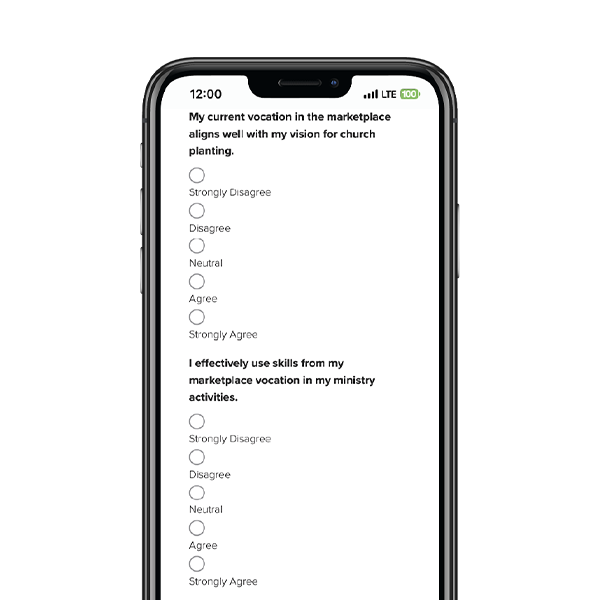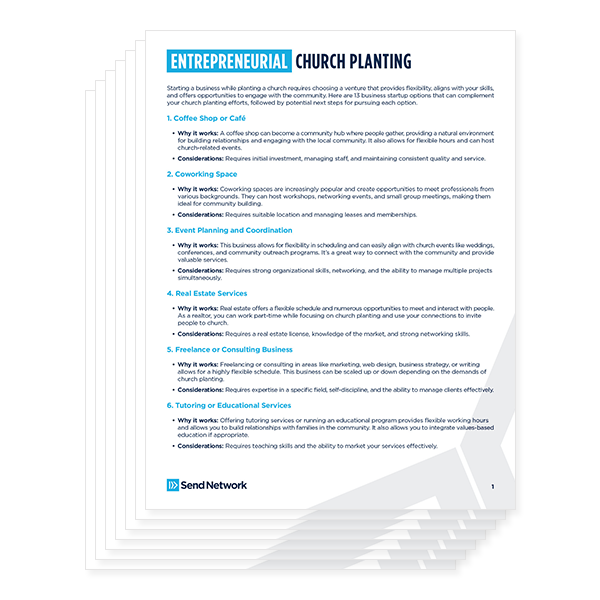“Children, obey your parents in the Lord, for this is right. ‘Honor your father and mother (this is the first commandment with a promise), that it may go well with you and that you may live long in the land.’ Fathers, do not provoke your children to anger, but bring them up in the discipline and instruction of the Lord.” (Eph. 6:1-3)
The Bible — obviously this passage — has a lot to say about family dynamics, both to kids and dads. About 40 percent of kids in America will go to bed tonight without a dad. One third of all kids born today have the “Father blank” empty on their birth certificate.
While the first half of this passage deals with kids, the context is important.
Good dads don’t frustrate; they initiate
What does Paul mean by that? The literal picture is that good dads don’t fill their children with anger. Unfortunately, we have some examples in Scripture. One of the most ironic is David, a leader who wrote at least 78 psalms, including one that said “as a deer pants for the water, so my soul pants for you.” David had a nuclear sin moment: He slept with one of his soldier’s wives, tried to cover it by getting him drunk and sending him home, but instead ended up murdering him. As great a leader as he was, as passionate for God, David was not a great dad. Read 2 Samuel and you’ll see that David’s kids struggled because he froze them out — decisions that David later regretted.
Dads have two tools: discipline and instruction
Pedia and nutheo are the two Greek words used. The first word is where we get our word for “pediatrics,” and it referred to discipline or training. Now there’s a difference between abuse and discipline. Abuse weakens your child, but training awakens your child. Abuse makes you feel better — powerful — while training is showing your child the consequences of their decision for the purpose of pointing them back to the Father. The second word, nutheo, means instruction and is where we get the phrase “nuthetic counseling.” That’s what it means: face-to-face support from the dad (not just mom). Now the odd thing in our country is that for years, all kids knew about dad is that he was the discipline guy, the tough guy.
Ask … talk … engage
My kids and I played this little game all the time where they wanted me to ask them Bible questions in the car. We reached the point where I’d thrown them all the softball questions I could, like “Sylvia, who was in the belly of the whale?” We finally got up to “Give me all Ten Commandments” and “Give me two reasons Jesus had to die.”
Teenagers and relational equity
Today, my kids no longer ask me to ask them Bible questions. They have phones talking to them — all of them, all of the time. The reality today is that as teenagers, they have more freedom for harm and good than they really understand. When they were young, I was bigger, stronger, and louder than they were. Today, my strongest asset is relational equity. My investment into their lives relationally is what helps give me access to speak into their hearts. I’m still dad — not their buddy — but I believe I’m their best friend, whether they know it or not.
Children are a great sanctifier
I would encourage you to see your kids as a means of grace in your life. God will grow you through having teenagers. My wife and I are seeing that now, more than ever, with three teenagers in our house. Children will challenge and sharpen you. They will need you at all of the wrong times — mostly after 11 p.m. They will talk when you are busy. Don’t ever be too busy, when they are ready to talk.
Three things every teenager needs to hear before they leave your home
Robert Lewis says every teenager needs to hear three phrases from their dad before they leave home. (1) “I’m proud of you.” (2) “I love you.” (3) “I think you’re good at _________.” You are going to be swamped planting a church. Your tendency is going to be to neglect time with your kids. You’ll be tempted to think, “They’re being discipled because they’re going to student ministry.” Then, out of nowhere, your daughter is going to start dating a cross between Eminem and Kid Rock (I’m grateful this one isn’t from personal experience). No student pastor can fix that. Your daughter will need you.
Four practical thoughts
First, be friends with your teenager’s friends’ parents, especially in dating relationships. Know their values, know their rules, and invest the time upfront. Make sure you are on the same page in terms of expectations. Second, have your kids plug their phones up at the same time every night — not in their rooms. Do the research on kids, phones, and sleep habits. It will literally scare you sleepless. People respond to their phones in their sleep. Third, give your kids room to fail — dare I say, encourage it. Don’t’ keep them dependent on you; prepare them for a launch from your home. Fourth, you’ll never be a perfect father. Admit your mistakes, confess them to God and to your kids, and ask for their forgiveness. I pray all of the time: “God, you are a better parent than me. Please lead my kids today.” My children — as much as I love them — are primarily His children. I have to tune my heart to daily give them back to Him.
Published March 5, 2018



